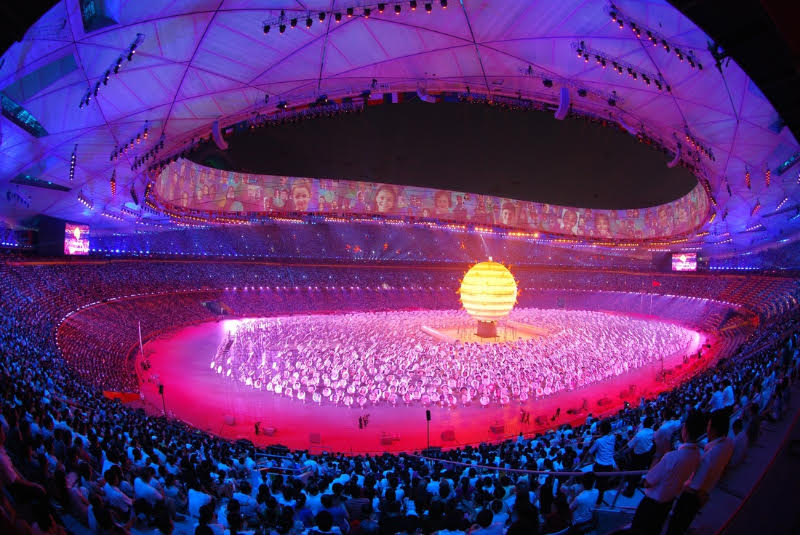London Summer 2022: What is society?

“Society is a reality sui generis; it has its own characteristics that are either not found in the rest of the universe or are not found there in the same form."
"Society is a sui generis being with its own special nature, distinct from that of its members, and a personality of its own different from individual personalities."
-- Emile Durkheim
Fridays 6:30-8:30pm at the May Day Rooms in the "Reading Room"
88 Fleet Street, London, EC4Y 1DH
Join London Platypus or follow Platypus LSESU or Platypus at UCL on facebook for updates.
All welcome & no prior knowledge required.
( • required / + recommended readings)
Required background reading:
• Chris Cutrone, "Back to Herbert Spencer! Industrial vs. militant society" (2016)
Recommended supplemental parallel reading:
+ Adorno, "Static and Dynamic as Sociological Categories" (1961)
+ Adorno, Introduction to Sociology 1962 lectures
+ Adorno, Philosophical Elements of a Theory of Society 1964 lectures
+ Adorno, Philosophy and Sociology 1960 lectures
Preliminary readings:
• Adorno, “Society” (1965)
• Benjamin Constant, "The liberty of the ancients compared with that of the moderns" (1819)
Charts of terms:
+ Capital in history timeline and chart of terms
+ Being and becoming (freedom in transformation) / immanent dialectical critique chart of terms
+ Capitalist contradiction chart of terms
+ Commodity form chart of terms
+ Reification chart of terms
Week 1: June 10, 2022
• Gillian Rose, Hegel Contra Sociology (1981/95) selections: Preface for 1995 reprint, 1. The Antinomies of Sociological Reason, 7. With What Must the Science End?
Week 2: June 17, 2022
• epigraphs on modern history and freedom by Louis Menand (on Marx and Engels), Karl Marx, on "becoming" (from the Grundrisse, 1857–58)
• Max Weber, The Protestant Ethic and the Spirit of Capitalism (1905) selections: Author's Introduction, Part I Chapters 1-3, Part II (+ Chapter 4,) Chapter 5
Week 3: June 24, 2022
• Auguste Comte, Introduction to Positive Philosophy (1830-42) I. The nature and importance of the positive philosophy; The Positive Philosophy of Auguste Comte vol. III Bk. VI. Social Physics pp. 1-11, 199-216, 277-344; A General View of Positivism Ch. II. The Social Aspect of Positivism pp. 63-78, Ch. VI. The Religion of Humanity pp. 340-426
Week 4: July 1, 2022
+ Chris Cutrone, "Back to Herbert Spencer! Industrial vs. militant society" (2016) [audio]
• Herbert Spencer, Principles of Sociology Vol. I Part I The Data of Sociology Ch. I-IV pp. 3-40 and Part II The Inductions of Sociology Ch. I-II pp. 447-462; On Social Evolution (Univ. Chicago selections): IV 15–16 Societal Typologies, Militancy and Industrialism and V 18–19 Ceremonial and Political Institutions; The Man Versus the State VI The Great Political Superstition
Week 5: July 8, 2022
• Emile Durkheim, Elementary Forms of Religious Life (1912) Introduction
• Durkheim, On Morality and Society (1890), selections Chapter 3. "The principles of 1789 and sociology", and part V. Social Creativity, Chapters 11-12
Week 6: July 15, 2022
• Émile Durkheim, Author's Preface to 1st Edition and Introduction (pp.xxv-xxx and 1-10) in The Division of Labor in Society (1893)
• Durkheim, selections from On Morality and Society (1898): Chapter 4. "Individualism and the intellectuals" (1898), Chapter 6. "Progressive preponderance of organic solidarity", and Chapter 10. "The dualism of human nature and its social conditions" (1914)
BREAK - no reading group - on July 22, 2022
Week 7: July 29, 2022
• Durkheim, The Division of Labor in Society (1893) selections IV. The Evolution of Morality Chapters 7-9, in On Morality and Society; Preface to the 2nd Edition (pp. xxxi-lix)
Week 8: August 5, 2022
Taking place at Ye Olde Cheshire Cheese (145 Fleet St, London EC4A 2BP) which is a short walk from the MayDay Rooms.
Message us on facebook or WhatsApp if you can't find us.
Readings:
• Frankfurt School, Aspects of Sociology (1956) selections: Preface by Horkheimer and Adorno, Chapters I-VI, XII
• Adorno, “Society” (1965)
+ Adorno, "Static and Dynamic as Sociological Categories" (1961)

